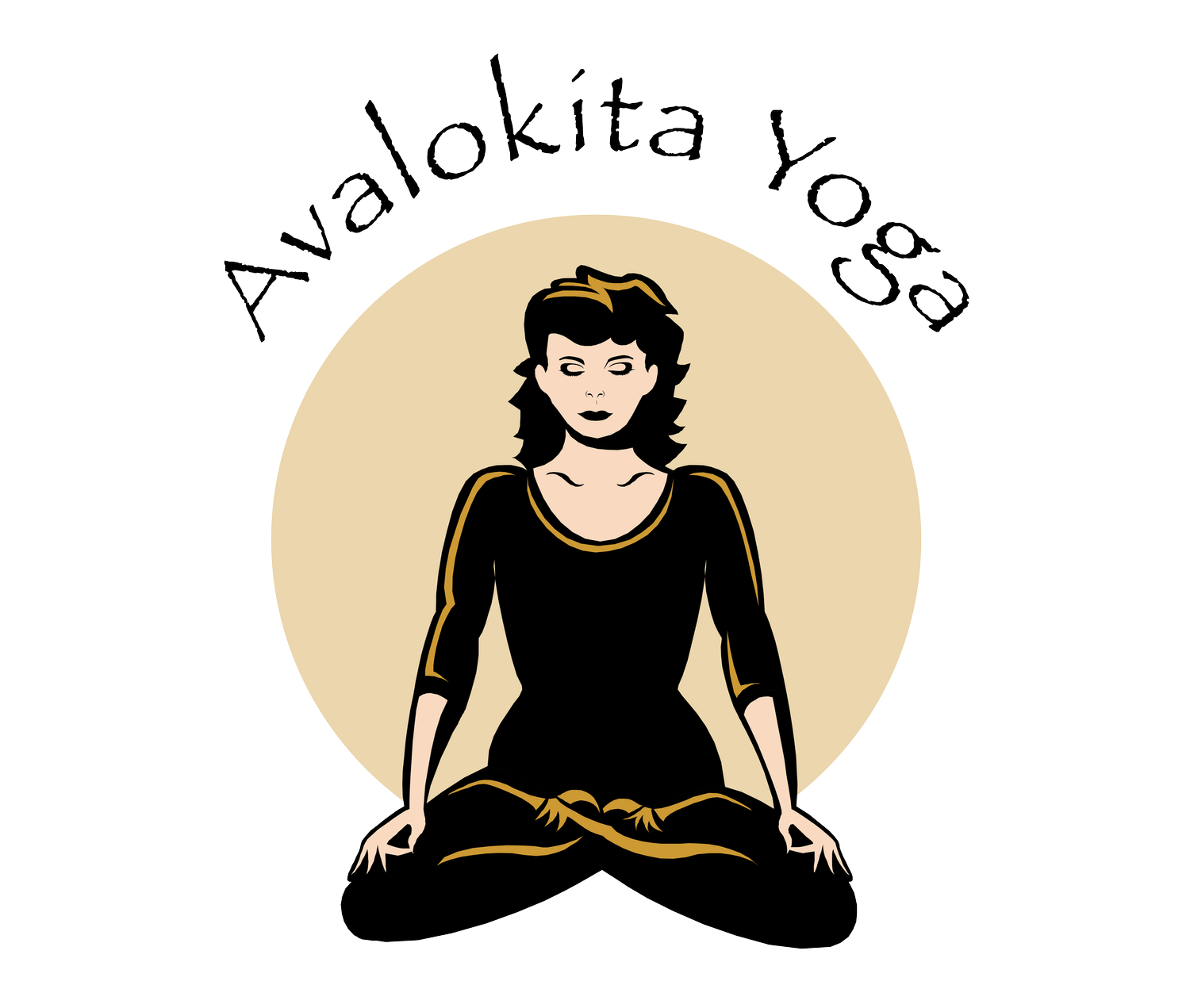
Satyananda Yoga
Practice Blog

Havan (a Vedic fire ceremony)
A Havan or Vedic fire ceremony is a practice designed to bring together, purify, protect and bring positive energy to the environment, community, household as well as the people around the fire.

Shatkarmas (cleansing practices)
The Shatkarma or cleansing practices are used to balance the flow of prana (life force) in the body and to cleanse the body and mind of toxins. They are believed to be essential actions to support a student’s successful progression along the spiritual path.

Yoga Nidra – the Jewel in the Crown of the Satyananda Style of Yoga
A favourite practice for so many, Yoga Nidra systematically brings about a profound release of physical, mental and emotional tension through the activation of the parasympathetic nervous system

Chanting??? But what if I can’t sing???
Singing together as a group works on an emotional level to lift the spirit and is one of the oldest practises known to humankind. While the practice can also be done alone, the act of singing together adds to the vibrational energy created and experienced.

What are Bandhas?
Bandhas work in a similar way on the flow of prana within the spinal column - helping to activate, concentrate and clear any blockages in this flow.

By-passing the Intellect through Mudra Practice
More often than not, when we see images of people such as Buddha sitting in
meditation, they have their hands shaped into a mudra. So much so that mudras have become synonymous with the practice of meditation.

Why do I need to learn how to breathe when I’ve been breathing my whole life?
Why is pranayama the last thing a yoga student comes to ? A look at the role of pranayama in Yoga practice through the lens of the Satyananda tradition.

Asana Practice….is it just supposed to be a workout?
As we achieve an incremental increase in the strength, flexibility and endurance of our body/mind through the regular practice of physical postures, Asana practise supports our preparations for meditation by helping us to develop the ability to sit comfortably, in one position, for prolonged periods of time.

An Introduction to the Five Koshas
From a Yogic perspective, the whole human being, or body/energy/mind complex, is divided into five parts. Known as the Koshas (meaning ‘sheaths’), each sheath covers, overlays and obscures the more subtle sheath beneath. These levels not only describe the whole spectrum of the human existence, they also provide a framework for human spiritual evolution.

How Can I Meditate When I Can’t Stop Thinking?
Contrary to a common belief, meditation is not about emptying the mind of thoughts … not an easy thing to do as thinking is what the mind does… but to observe or “witness” the thoughts that arise without engaging with them.
